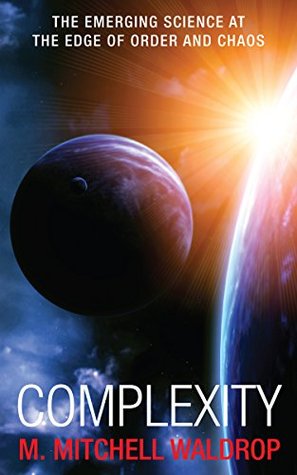Ecosystems, economies, societies—they all operate according to a kind of Darwinian principle of relativity: everyone is constantly adapting to everyone else. And because of that, there is no way to look at any one agent and say, "It's fitness is 1.375." Whatever "fitness" means—and biologists have been arguing about that since the time of Darwin—it cannot be a single, fixed number. That's like asking if a gymnast is a better or worse athlete than a sumo wrestler; the question is meaningless because there's no common scale to measure them. Any given organism's ability to survive and reproduce
Ecosystems, economies, societies—they all operate according to a kind of Darwinian principle of relativity: everyone is constantly adapting to everyone else. And because of that, there is no way to look at any one agent and say, "It's fitness is 1.375." Whatever "fitness" means—and biologists have been arguing about that since the time of Darwin—it cannot be a single, fixed number. That's like asking if a gymnast is a better or worse athlete than a sumo wrestler; the question is meaningless because there's no common scale to measure them. Any given organism's ability to survive and reproduce depends on what niche it is filling, what other organisms are around, what resources it can gather, even what its past history has been. "That shift in viewpoint is very important," says Holland. Indeed, evolutionary biologists consider it so important that they've made up a special word for it: organisms in an ecosystem don't just evolve, they coevolve. Organisms don't change by climbing uphill to the highest peak of some abstract fitness landscape, the way biologists of R. A. Fisher's generation had it. (The fitness-maximizing organisms of classical population genetics actually look a lot like the utility-maximizing agents of neoclassical economics.) Real organisms constantly circle and chase one another in an infinitely complex dance of coevolution. On the face of it, coevolution sounds like a recipe for chaos, says Holland. At the institute, Stuart Kauffman liked to compare it to c...
...more
This highlight has been truncated due to consecutive passage length restrictions.


